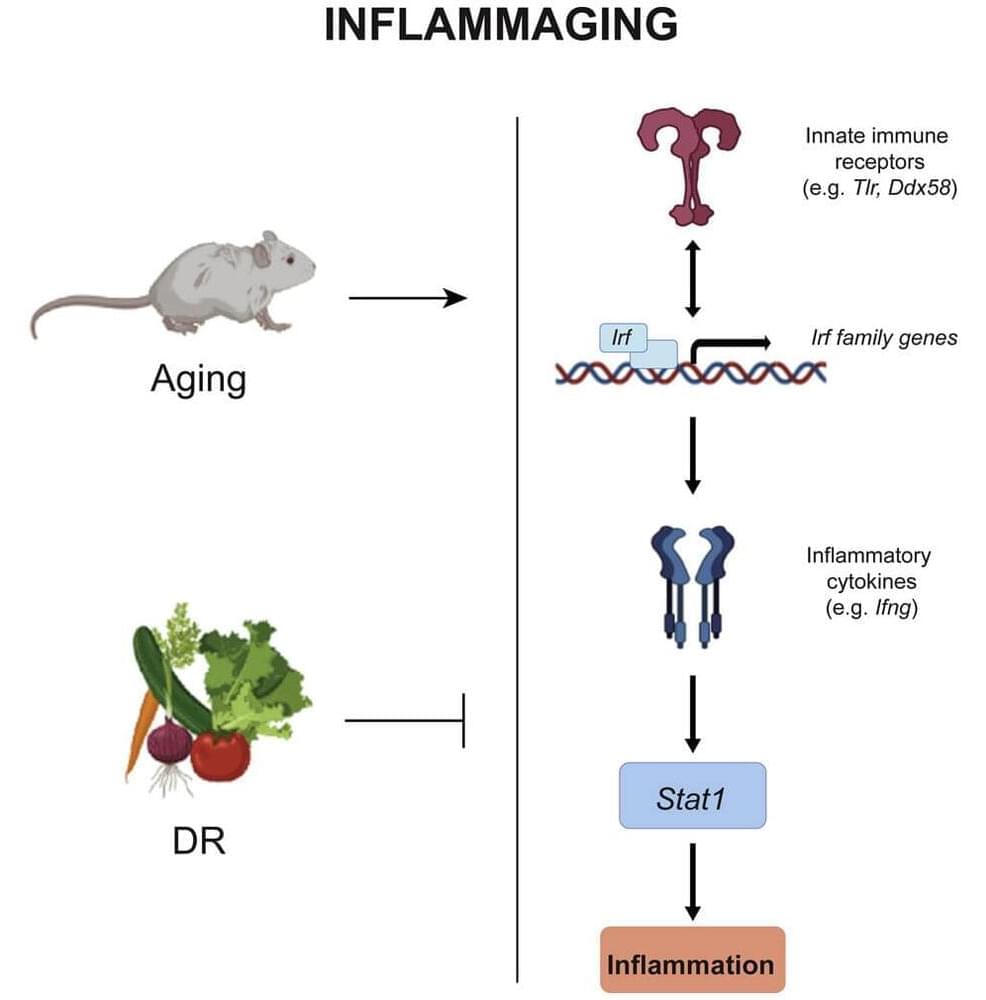Mild, persistent inflammation in tissue is considered one of the biological hallmarks of the aging process in humans—and at the same time is a risk factor for diseases such as Alzheimer’s or cancer. Prof. Francesco Neri and Dr. Mahdi Rasa of the Leibniz Institute on Aging—Fritz Lipmann Institute (FLI) in Jena have succeeded for the first time in describing at the molecular level the regulatory network that drives the general, multiple-organ inflammatory response. Moreover, they were able to show that dietary restriction can influence this regulatory circuit, thereby inhibiting inflammation.
Inflammation is an immune response of the body that is, in itself, useful: our immune system uses it to fight pathogens or to remove damaged cells from tissue. Once the immune cells have done their work, the inflammation subsides: the infection is over, the wound is healed. Unlike such acute inflammations, age-related chronic inflammation is not local. The innate immune system ramps up its activity overall, resulting in chronic low-grade inflammation. This aging-related inflammation is also known as inflammaging.










Comments are closed.